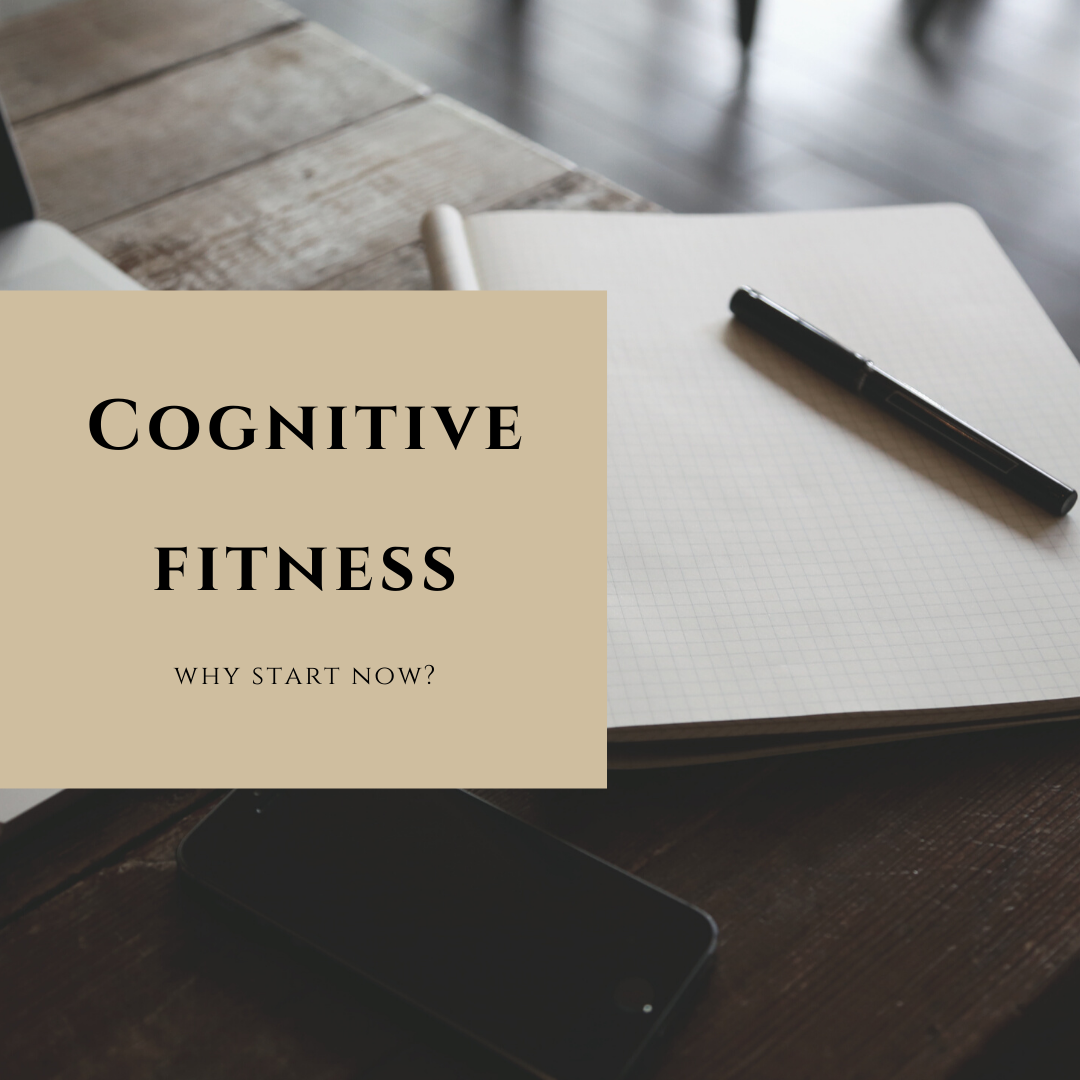Start Using This Brain Plan
The most alarming brain research that I recently came across deals with sleep and the brain.
Do you know that the brain does not have a lymphatic system? That means it can’t get rid of waste whenever it wants like our bodies do (pee, poo or sweat). Our brain has to wait until we are asleep to remove the waste proteins that were created all day. So, if you do not get a good night’s rest then your brain has not removed all of it’s waste. That waste starts to collect on the neuro synapses in the brain like goo. A result is grogginess in the morning. Night after night and month after month, this build up could be a cause of dementia.
How do you get better sleep? 1) Cease caffein intake seven hours before bedtime. 2) Set a cooler temperature in your sleeping room. 3) Invest in a comfortable mattress, pillow, and sheets. 4) Dim the light one hour prior to bedtime. 5) Prepare for quiet by putting animals in other rooms or getting earplugs. 6) Stay hydrated during the day, not right before bed. 7) Set a soothing alarm 6-8 hours from the time you plan to fall asleep. 8) Get physical exercise during the day.
There are two basic forms of movement that make up physical exercise: Cardiovascular Endurance and Muscular Strength. The first involves elevating your heart rate for longer that 10 minutes. The talk test will tell you how you’re doing. If you can speak a full sentence without pausing for extra breaths, your heart rate is not high enough. If you cannot say three syllables out loud in a row, you heart rate is too high. Stay right between those recommendations while walking, running, biking, swimming, etc. Strength training involves overloading a muscle or muscle group with resistance. When your muscles start to fatigue, take a break. This is called a set. If your set takes longer than one minute, you can probable increase the resistance.
Now, what you came here for… There are three important aspects of Cognitive Exercises. 1) Attention and Focus - Improve these areas by practicing memory recall. Short term memory games deal with remembering a list or poem. Long term memory games deal with listing details from past events or recalling names of former friends or teammates. Here is a great focus exercise for short term memory that will improve many areas of wellness: see if you can count 100 of your normal breathes in a row. 2) Problem Solving - Get better brain function through creative planning. Almost any art or music hobby will improve this area of the mind. Here is an easy exercise to practice: Have someone draw a squiggly line around a sheet of paper. Your job is to trace that line from start to finish using your non-dominant index finger. 3) Stay Social - Create new experiences by visiting a variety of environments. Think of it as stimulating all senses differently every week. Set a family dinner at new locations with new foods each time. Join a club or group that participates in a new hobby. Learn a new language by speaking it with others.
This should give you plenty to practice over the next few weeks. Please share your experiences with others.



